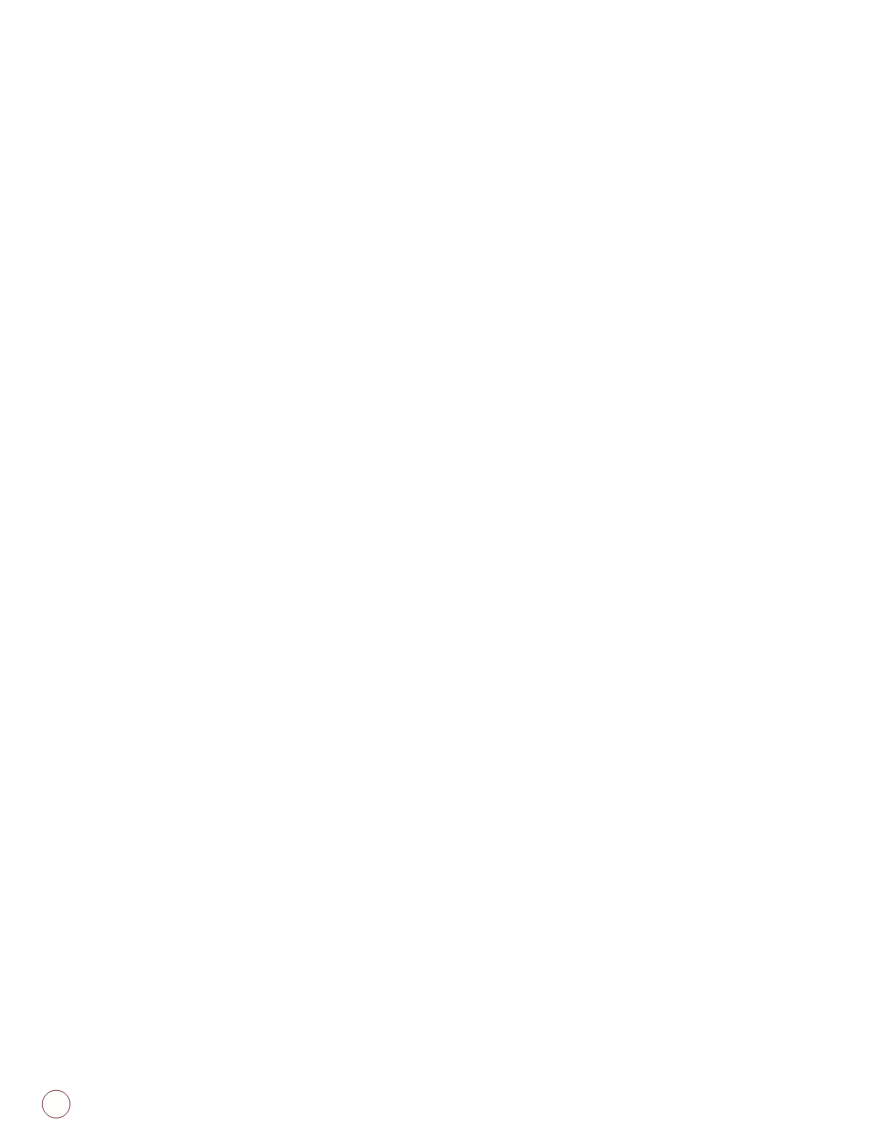
5. Causing or attempting to cause damage to College property or to private property on campus.
6. Stealing or attempting to steal College property or private property on campus, or knowingly receiving stolen College
property or private property on campus.
7. Willful or persistent smoking in any area where smoking has been prohibited by law or by regulation of the College.
8. Committing sexual harassment as defined by law or by College policies and procedures.
9. Engaging in harassing or discriminatory behavior based on disability, gender, gender identity, gender expression,
marital status, nationality, race or ethnicity, religion, sexual orientation, or any other status protected by law.
10. Engaging in intimidating conduct or bullying against another student through words or actions.
11. Willful misconduct which results in injury or death to a student or to College personnel or which results in cutting,
defacing, or other injury to any real or personal property owned by the College or on campus.
12. Disruptive behavior, willful disobedience, habitual profanity or vulgarity, or the open and persistent defiance of the
authority of, or persistent abuse of, College personnel.
13. Cheating, plagiarism (including plagiarism in a student publication), or engaging in other academic dishonesty.
14. Dishonesty; forgery; alteration or misuse of College documents, records or identification; or knowingly furnishing false
information to the College.
15. Unauthorized entry upon or use of College facilities.
16. Lewd, indecent or obscene conduct on College-owned or controlled property, or at College-sponsored or supervised
functions.
17. Engaging in expression which is obscene; libelous or slanderous; or which so incites students as to create a clear
and present danger of the commission of unlawful acts on College premises, or the violation of lawful College
administrative procedures, or the substantial disruption of the orderly operation of the College.
18. Persistent, serious misconduct where other means of correction have failed to bring about proper conduct.
19. Unauthorized preparation, giving, selling, transfer, distribution, or publication, for any commercial purpose, of any
contemporaneous recording of an academic presentation in a classroom or equivalent site of instruction, including
but not limited to handwritten or typewritten class notes, except as permitted by any College policy or Administrative
Procedure.
20. Harassment of students and/or College employees that creates an intimidating, hostile, or offensive environment.
21. Violation of College rules and regulations including those concerning affiliate clubs and organizations, the use of
College facilities, the posting and distribution of written materials, and College safety procedures.
Please refer to Standards of Conduct (BP 5500) for complete policy
Student Discipline Procedures
The purpose of the Student Discipline Procedures is to provide a fair, prompt, and equitable means to address violations of
the Standards of Conduct, and not for purposes of retaliation. This procedure affords students due process rights guaranteed
them by state and federal constitutional protections. It is not intended to substitute for criminal or civil proceedings that may
be initiated by other agencies.
When a student misconduct report or a Public Safety report is filed with the Student Life Office regarding a possible violation
of the Standards of Conduct, the student will receive written notification from the Judicial Affairs Officer. A discipline
conference must be scheduled with the Judicial Affairs Officer within ten business days after the notice is provided. During
the meeting, the Judicial Affairs Officer shall determine if the student’s behavior constitutes a violation of the Standards
of Conduct. If a violation has occurred, the student may be subject to fulfill requirements that support learning and
development. A discipline conference could result in referral to a Student Conduct Board Hearing.
72


